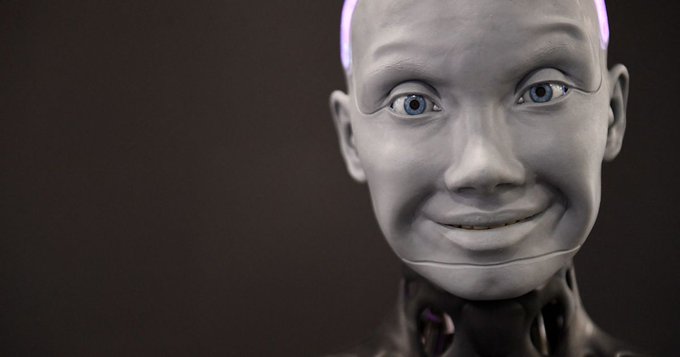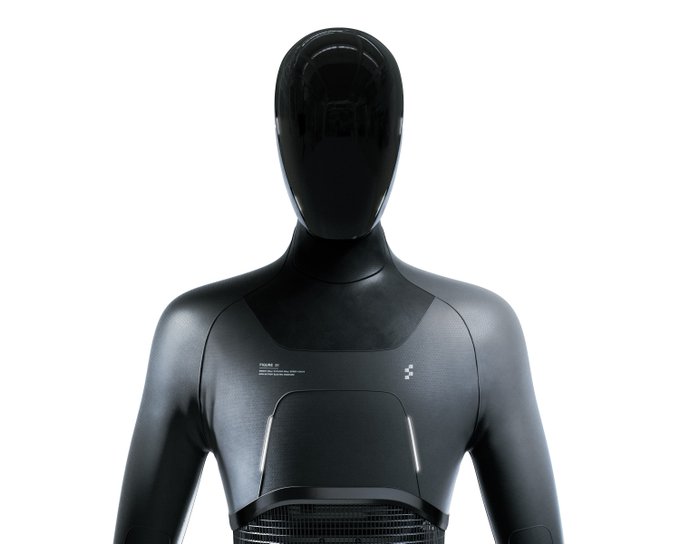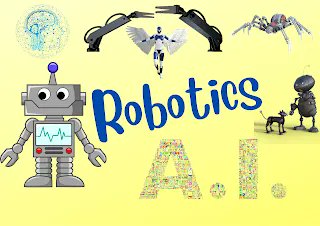France’s top court says the consensus among scientists is clear ‘fantasy.’
PARIS — The Conseil d’État, France’s highest administrative court, has pooh-poohed the idea that artificial intelligence poses an existential threat to humanity, while reassuring the public that they themselves are not secretly killer robots.
The Conseil d’État provides administrative guidance to the government and was commissioned by then-Prime Minister Jean Castex in June last year to advise on how to develop the use of artificial intelligence in public administration and mitigate its risks.
The report, released on Tuesday, is scathing about what it calls the myth of « singularity, » where technology outsmarts and controls humanity. The court called on the government to counter this « fantasy » in its AI strategy, saying that « reflection on artificial intelligence is often the victim of parasitic, excessive concentration on artificial general intelligence. » Artificial general intelligence, or AGI, is a name for the theory that AI could surpass human intelligence.
In a press conference, members of the Conseil were asked why they dismissed existential risks such as the disempowerment of humanity by machines that have learned to perform tasks better than humans.
Rapporteur and State Counsel Alexandre Lallet said: « We’re not at the point which some call the ‘singularity,’ when machines take control and humans get forced into their service, like in some American blockbusters or works of science fiction. It’s always humans making decisions. »
Lallet dismissed the question of whether some AI systems ought to be attributed legal personhood, once they become arguably more complex than small organisms, saying « [The question] didn’t appear necessary or important to us. »
Mots-clés : cybersécurité, sécurité informatique, protection des données, menaces cybernétiques, veille cyber, analyse de vulnérabilités, sécurité des réseaux, cyberattaques, conformité RGPD, NIS2, DORA, PCIDSS, DEVSECOPS, eSANTE, intelligence artificielle, IA en cybersécurité, apprentissage automatique, deep learning, algorithmes de sécurité, détection des anomalies, systèmes intelligents, automatisation de la sécurité, IA pour la prévention des cyberattaques.






